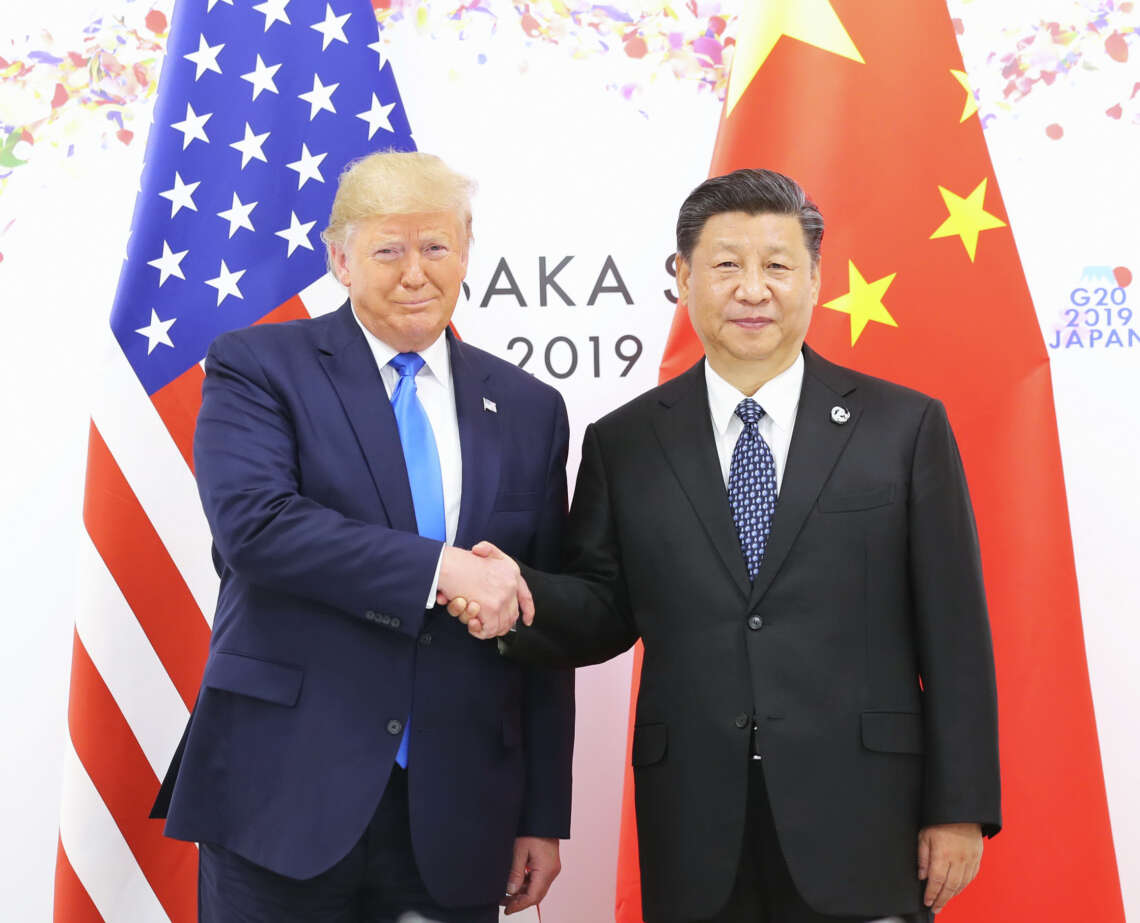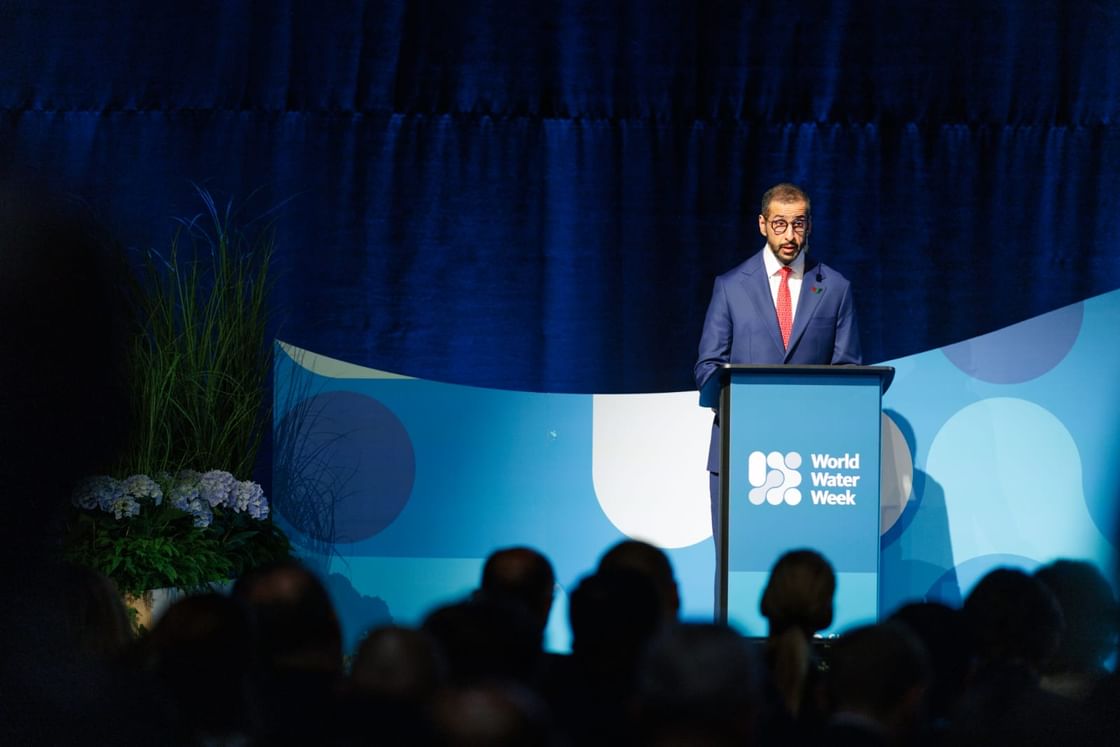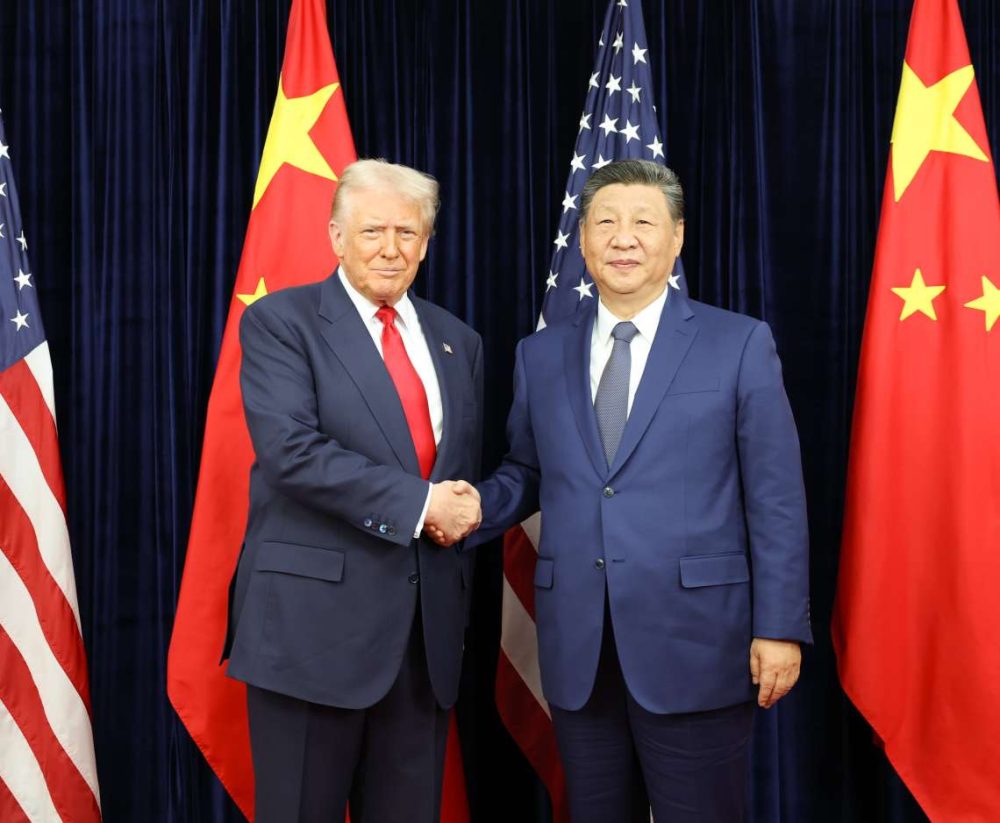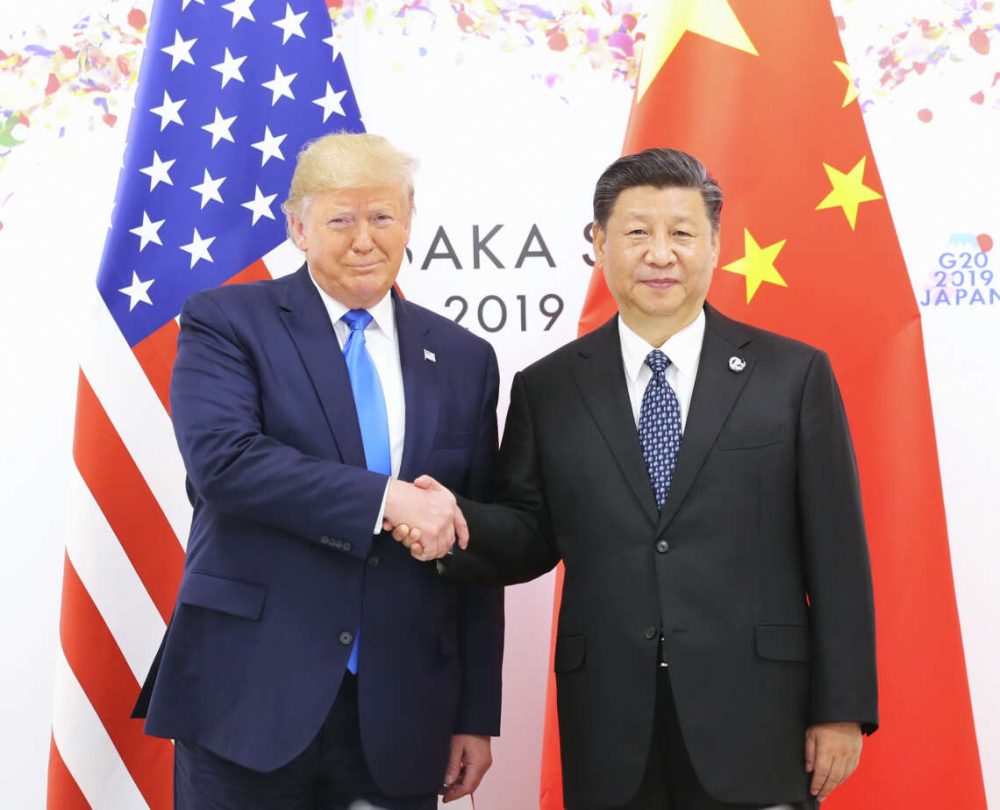The festival remains a powerful symbol of continuity in a rapidly changing world. It connects people across generations and borders, reminding them of the importance of shared rituals and cultural identity
The morning sun had barely risen over the mountains of southwest China’s Xizang Autonomous Region when the air filled with anticipation. At around 7 a.m. on Saturday, monks from Drepung Monastery unfurled an enormous thangka painting of the Buddha across a hillside platform, signaling the opening of the Shoton Festival — better known as the Yogurt Festival.
Nearly 100 monks carried the sacred scroll in a slow procession, watched by thousands of locals and visitors who had gathered for the three-day event. The moment the vibrant thangka was revealed, chants and murmurs of awe rippled through the crowd. For many, it was a reaffirmation of faith and tradition; for others, a glimpse into one of Tibet’s most cherished cultural celebrations.
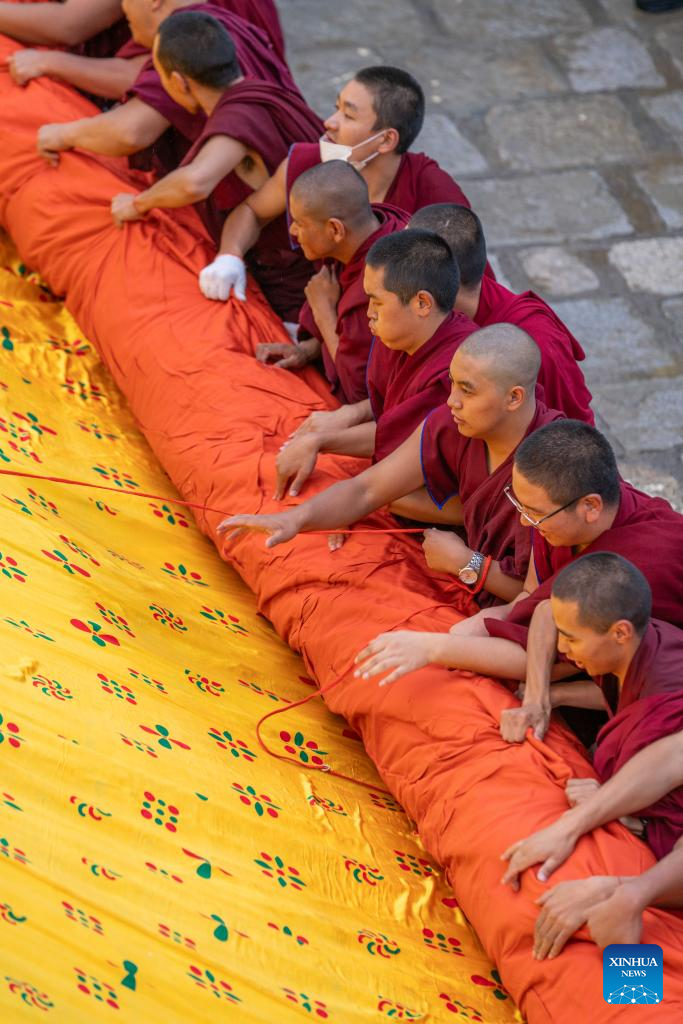
Shoton, which literally means “yogurt banquet,” began in the 11th century as a religious observance, when residents offered yogurt to monks who had completed their summer meditation retreats. Over the centuries, it evolved into a community-wide festival blending religion, art, music, and family gatherings. In 2006, it was among the first traditions inscribed on China’s national list of intangible cultural heritage.
“This tradition has been passed down for generations,” said Sogqu, a local resident attending with her family. “It is a holiday that is enjoyed by the entire family. We come here not just for the rituals, but also for the sense of belonging it brings.”
The Yogurt Festival is as much about performance as it is about prayer. On the second day, Losang Chozin, a young woman from a village near Lhasa, took the stage for her second Tibetan opera performance at the festival. Dressed in colorful attire, she described her pride in keeping the centuries-old art alive. “Tibetan opera is a treasure of our nation,” she said. “I hope to share the culture with more people through my performances.”
The festival’s appeal extends well beyond the local community. Visitors from across China and abroad travel to Lhasa each year to take part. Among them was Anna, a tourist from Italy, who arrived at Drepung Monastery before dawn to secure a place close to the hillside. “The moment the giant thangka was unfolded, I was really impressed,” she said. “The opera and music made me truly feel the warmth and charm of Tibetan folk culture.”
In addition to its religious and cultural highlights, the Shoton Festival is also a feast for the senses. Families gather outdoors to share bowls of yogurt and homemade dishes, often enjoying picnics beneath fluttering prayer flags. Horse races, one of the festival’s traditional activities, draw large crowds eager to cheer on riders and their finely decorated steeds.
This year’s festival also incorporated modern elements to engage younger generations and attract more visitors. Cultural tourism promotions, exhibitions of intangible cultural heritage crafts, and sports events were added to the program, offering a blend of tradition and contemporary entertainment.
The festival remains a powerful symbol of continuity in a rapidly changing world. It connects people across generations and borders, reminding them of the importance of shared rituals and cultural identity.
As the thangka glowed under the morning sun and opera echoed across the valley, the Yogurt Festival once again affirmed its place as one of Tibet’s most vibrant celebrations — a living heritage that continues to thrive in the heart of Lhasa.





